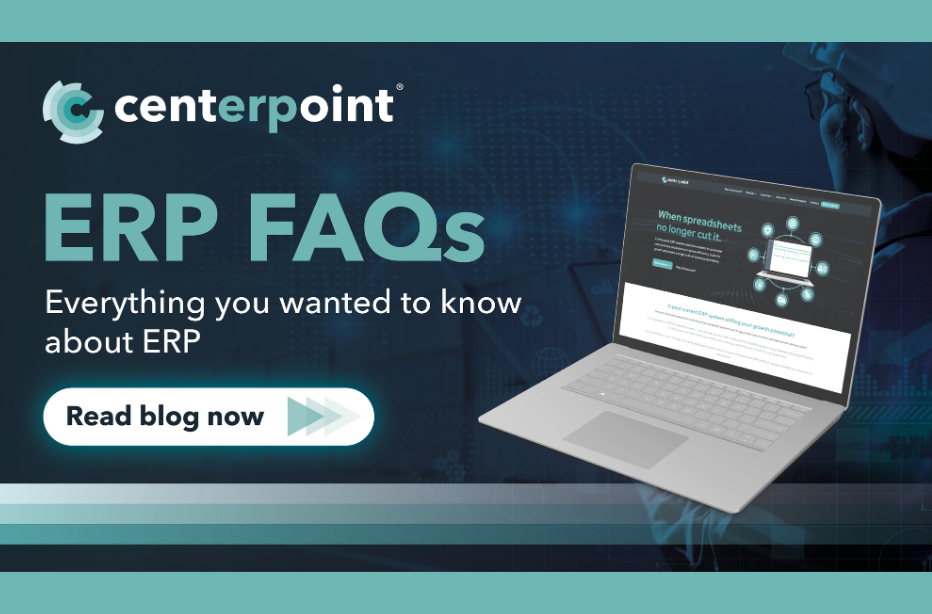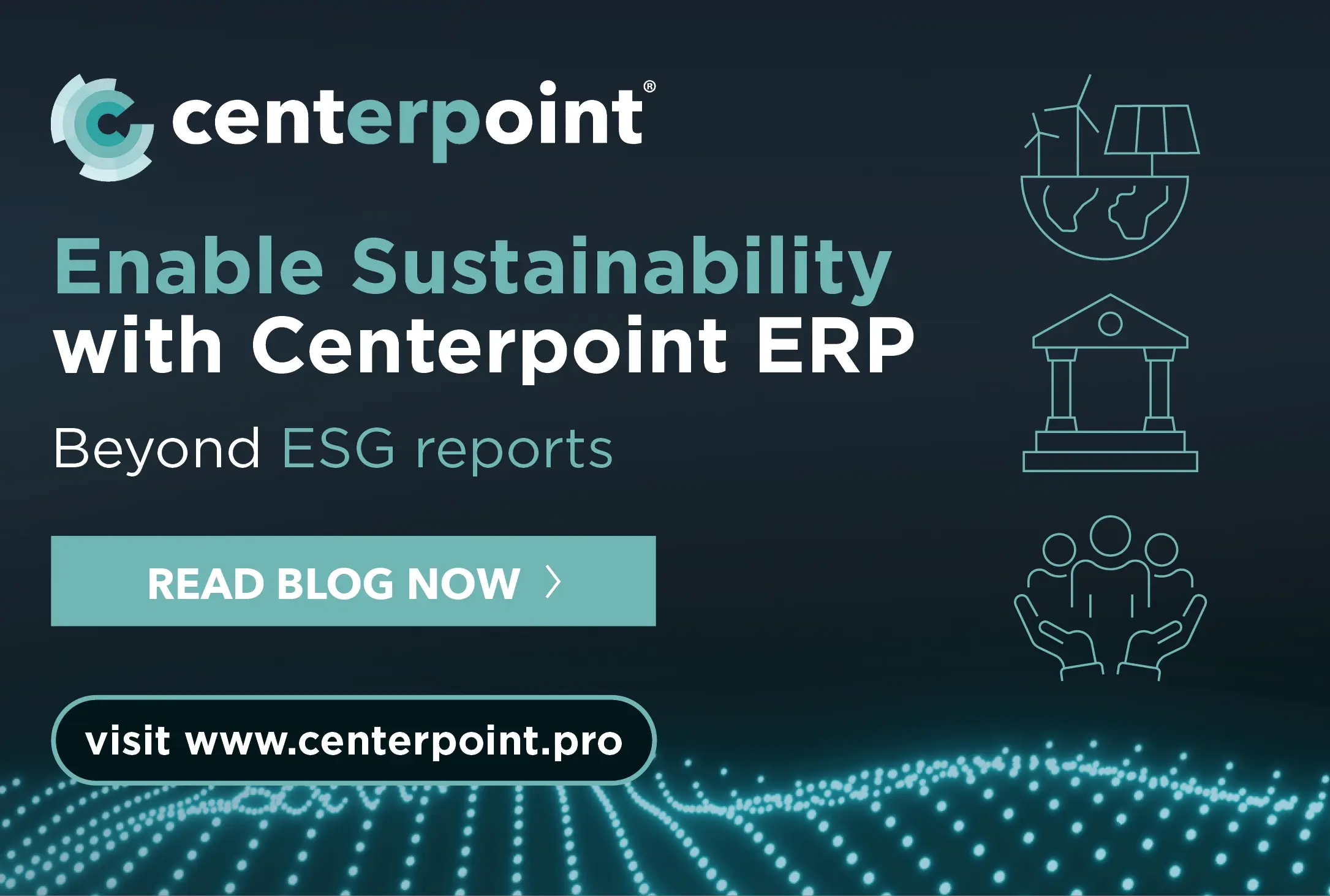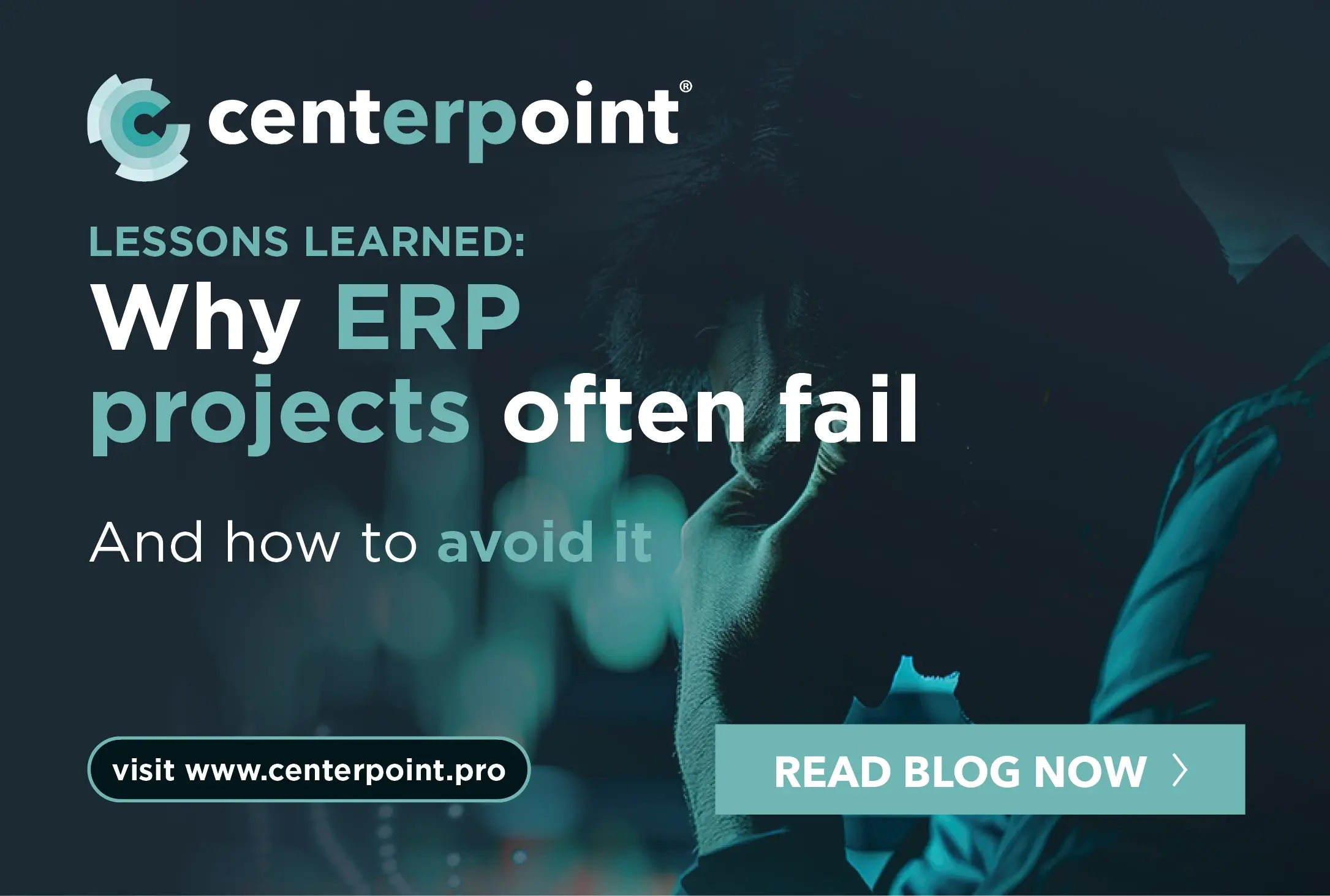Excel or ERP? Discover the ideal solution to enhance operational excellence, scale for growth, and improve efficiency in your business. Efficiency is crucial in the world of business operations. Whether you are a flourishing start-up or an established enterprise, managing data effectively and streamlining processes can be what separates stagnation from growth. The decision to choose between utilising Excel or Enterprise Resource Planning (ERP) can have a significant impact on the operational excellence of any business. It is essential to weigh the pros and cons of each option to determine which solution will best meet the needs of your organisation.
Excel is a powerful tool for managing data, and it offers a wide range of features for data analysis and visualisation. However, it may not be suitable for managing complex business processes that require integration with other systems. On the other hand, an ERP system is a comprehensive solution that can handle a wide range of business processes and functions, including asset management, CRM, and human resources.
The decision to choose between Excel and ERP should not be taken lightly, and it is crucial to choose the option that aligns with your organisation's goals and objectives.
In this article, we will compare Excel and ERP, and explain why ERP is often a better choice for businesses. We'll also discuss the key differences between these two tools, debunk the misconception that Excel can replace an ERP entirely, and introduce Centerpoint, an ERP solution that can enhance the efficiency of your operations team.
Why is ERP Better Than Excel?
While Excel is undoubtedly a versatile tool, it has its limitations. On the surface, it might seem like a cost-effective and straightforward solution for managing data and tasks, but as your business grows, these limitations become increasingly apparent. Here's why ERP outshines Excel:
1. Comprehensive Integration:
Excel primarily operates as a standalone tool, requiring you to manually input, update, and reconcile data across various spreadsheets. ERP, on the other hand, offers seamless integration of multiple business functions and data sources. This integrated approach ensures data consistency, eliminates errors, and facilitates real-time access to information across the organisation.
2. Data Accuracy and Integrity:
Excel is prone to data duplication, errors, and inconsistencies, especially when multiple users are involved. An ERP system centralises data storage, maintaining a single source of truth for your organisation. This enhances data accuracy, integrity, and security.
3. Scalability:
As your business expands, Excel becomes unwieldy. An ERP system is designed to accommodate growth, making it adaptable to the changing needs of your organisation. This scalability eliminates the need for frequent system overhauls and provides long-term value.
4. Improved Decision-Making:
ERP systems offer real-time access to data from across your organisation. This enables managers to analyse information, generate reports, and make data-driven decisions swiftly. Improved visibility allows for better identification of bottlenecks, process optimisation, and more informed strategic planning.
5. Enhanced Customer Relationship Management (CRM):
Many ERP systems, including Centerpoint ERP, incorporate CRM modules. This integration allows businesses to effectively manage customer data, provide personalised experiences, and streamline sales and marketing processes. Excel lacks this built-in CRM functionality, making it challenging to manage customer relationships efficiently.
6. Lower Operational Costs:
ERPs streamline business processes and promote best practices, leading to reduced operational costs. Excel, with its manual and fragmented data management, often results in inefficiencies, increased labour costs, and operational bottlenecks.
Why Switch from Excel to ERP?
The decision to switch from Excel to an ERP is not only about addressing Excel's limitations but also about realising the full potential of your business. Here are some compelling reasons to make the switch:
1. Improved Efficiency: ERPs offer automation and integration of tasks and processes, making operations more efficient. This efficiency translates to time savings, improved productivity, and, ultimately, growth.
2. Data Visibility: ERP systems provide real-time data visibility, helping managers make informed decisions. Enhanced visibility enables better resource allocation, process optimisation, and overall strategic improvement.
3. Business Growth: An ERP's scalability ensures it can grow with your business. It accommodates increased transaction volumes, additional users, and multiple locations, eliminating the need for costly system upgrades.
4. Streamlined Operations: By centralising data and automating processes, ERPs eliminate inefficiencies and redundant tasks, streamlining operations and enhancing overall productivity.
5. Enhanced Customer Service: The CRM modules in ERPs allow businesses to provide better customer service, personalised experiences, and more effective sales and marketing efforts, leading to improved customer satisfaction.
What Is the Difference Between Excel and ERP?
The difference between Excel and ERP is substantial. Explore key distinctions in data integration, scalability, real-time access, automation, and CRM integration in this comparison.
Excel and ERP differ in several key aspects, including:
1. Data Integration: Excel requires manual data entry and reconciliation across spreadsheets, while ERP integrates data seamlessly across various business functions.
2. Scalability: Excel struggles to accommodate business growth, while ERP systems are designed to scale as your organisation expands.
3. Real-time Access: Excel lacks real-time data access, whereas ERP systems offer instantaneous data visibility for informed decision-making.
4. Automation: ERPs automate core business processes, while Excel relies on manual tasks and calculations.
5. CRM Integration: Most ERPs, like Centerpoint, include CRM modules, while Excel doesn't offer built-in customer relationship management.
Can Excel Replace ERP?
Excel is a versatile tool and can be suitable for smaller businesses with limited data management needs. However, as businesses grow, the complexities of managing data and operations within Excel become evident. While Excel can be a valuable addition to an ERP system, it is not a suitable replacement for an ERP, especially for larger organisations with diverse operations.
Centerpoint ERP: Making the Switch Easy
Centerpoint is an innovative ERP system developed through a collaboration between STC INSISO and ANSA Data Analytics. It offers a comprehensive, ready-to-use solution without expensive hidden modules. With eight integrated modules, including Human Resources, QHSE, Operations, CRM, Asset Management, Maintenance, Logistics, and Purchasing, Centerpoint provides a unified platform where all essential data and operations are seamlessly managed. This integration offers real-time data access, improved efficiency, and enhanced decision-making.
In the digital age, ERPs have become essential tools for businesses of all sizes, and Centerpoint can quickly transform your organisation by streamlining operations, improving efficiency, and driving growth.
The shift from Excel to ERP is a game-changing decision that can elevate your business operations to new heights. Centerpoint can help you to overcome the limitations of Excel and harness the full potential of your organisation. As an ideal choice for operations teams, Centerpoint offers a comprehensive ERP solution to keep your operations on schedule, safe and all the while maintaining visibility at all times. Book your demo today!
.png)

.png)

.png)





